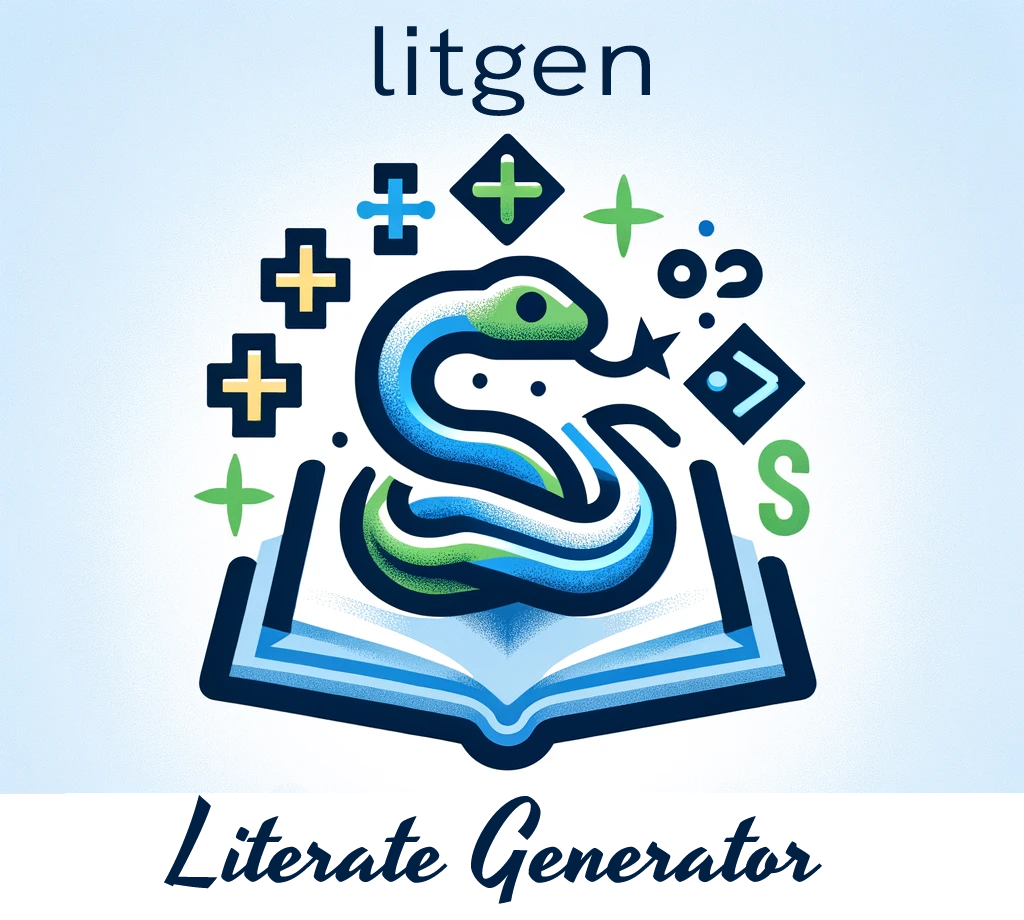Preprocessor and macros#
Export macro values into the python module#
Some #define macros can be exported:
Simple preprocessor defines can be exported as global variables, e.g.:
#define MYLIB_VALUE 1
#define MYLIB_FLOAT 1.5
#define MYLIB_STRING "abc"
#define MYLIB_HEX_VALUE 0x00010009
This is limited to simple defines.
You can also apply a simple renaming to the macro value: see example below.
cpp_code = """
#define MYLIB_VALUE 1
#define MYLIB_FLOAT 1.5
#define MYLIB_STRING "abc"
#define MYLIB_HEX_VALUE 0x00010009
"""
import litgen
from litgen.demo import litgen_demo
options = litgen.LitgenOptions()
options.macro_define_include_by_name__regex = "^MYLIB_"
# Suppress the "MYLIB_" prefix:
options.macro_name_replacements.add_first_replacement(r"^MYLIB_([A-Z_]*)", r"\1")
litgen_demo.demo(options, cpp_code, show_pydef=True)
#define MYLIB_VALUE 1
#define MYLIB_FLOAT 1.5
#define MYLIB_STRING "abc"
#define MYLIB_HEX_VALUE 0x00010009
VALUE = 1
FLOAT = 1.5
STRING = "abc"
HEX_VALUE = 0x00010009
m.attr("VALUE") = 1;
m.attr("FLOAT") = 1.5;
m.attr("STRING") = "abc";
m.attr("HEX_VALUE") = 0x00010009;
m.attr("VALUE") = 1;
m.attr("FLOAT") = 1.5;
m.attr("STRING") = "abc";
m.attr("HEX_VALUE") = 0x00010009;
Set numeric macro values#
Sometimes, it is necessary to tell litgen the value of certain numeric macros. In the example below, the member values can be exposed as a numpy array, but litgen needs to know it size.
We set it via the option:
options.srcmlcpp_options.named_number_macros["MY_COUNT"] = 256
cpp_code = """
#define MY_COUNT 256
struct Foo
{
int values[MY_COUNT];
};
"""
options = litgen.LitgenOptions()
options.srcmlcpp_options.named_number_macros["MY_COUNT"] = 256
litgen_demo.demo(options, cpp_code)
#define MY_COUNT 256
struct Foo
{
int values[MY_COUNT];
};
class Foo:
values: np.ndarray # ndarray[type=int, size=256]
def __init__(self) -> None:
"""Auto-generated default constructor"""
pass
auto pyClassFoo =
py::class_<Foo>
(m, "Foo", "")
.def(py::init<>()) // implicit default constructor
.def_property("values",
[](Foo &self) -> pybind11::array
{
auto dtype = pybind11::dtype(pybind11::format_descriptor<int>::format());
auto base = pybind11::array(dtype, {256}, {sizeof(int)});
return pybind11::array(dtype, {256}, {sizeof(int)}, self.values, base);
}, [](Foo& self) {},
"")
;
auto pyClassFoo =
nb::class_<Foo>
(m, "Foo", "")
.def(nb::init<>()) // implicit default constructor
.def_prop_ro("values",
[](Foo &self) -> nb::ndarray<int, nb::numpy, nb::shape<256>, nb::c_contig>
{
return self.values;
},
"")
;

